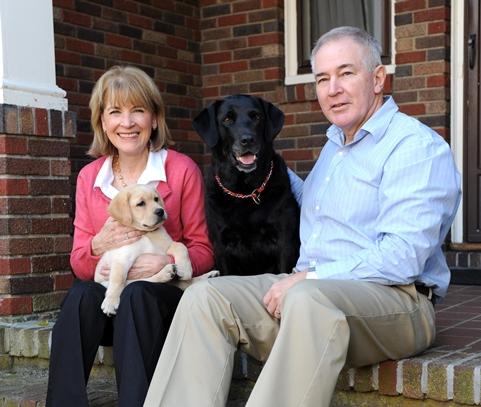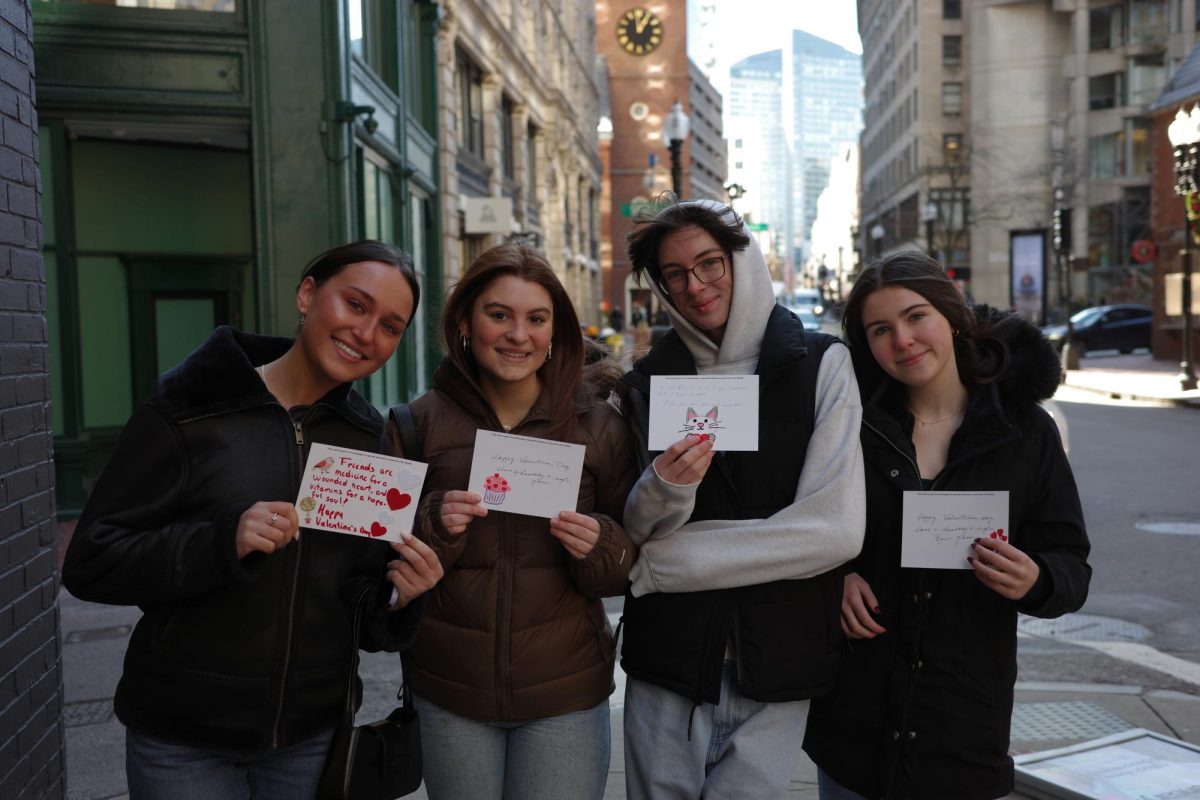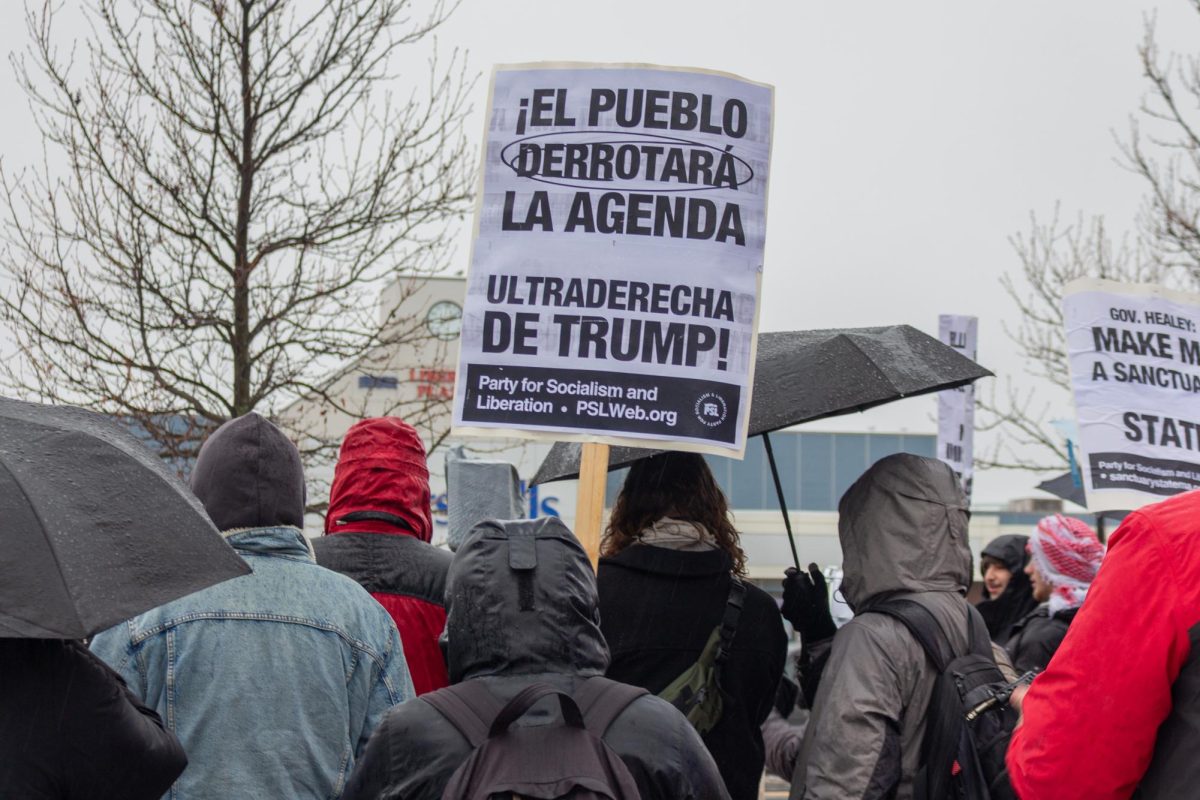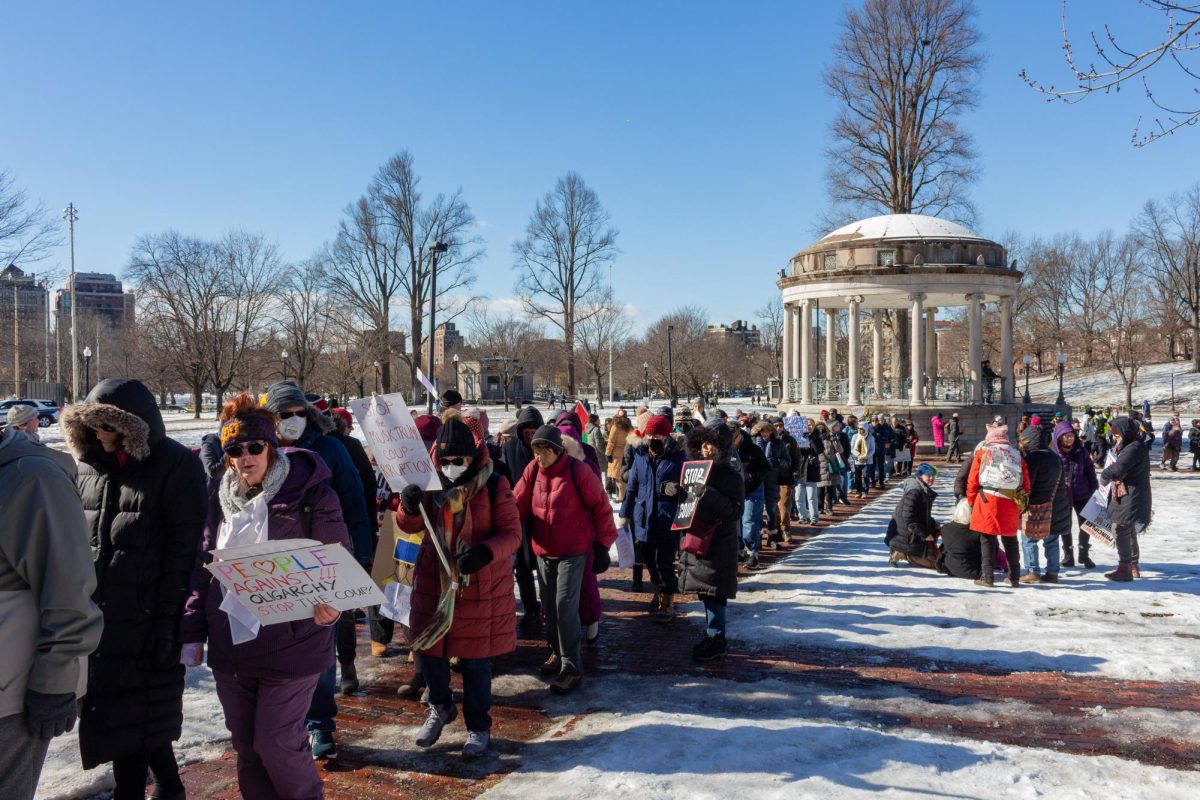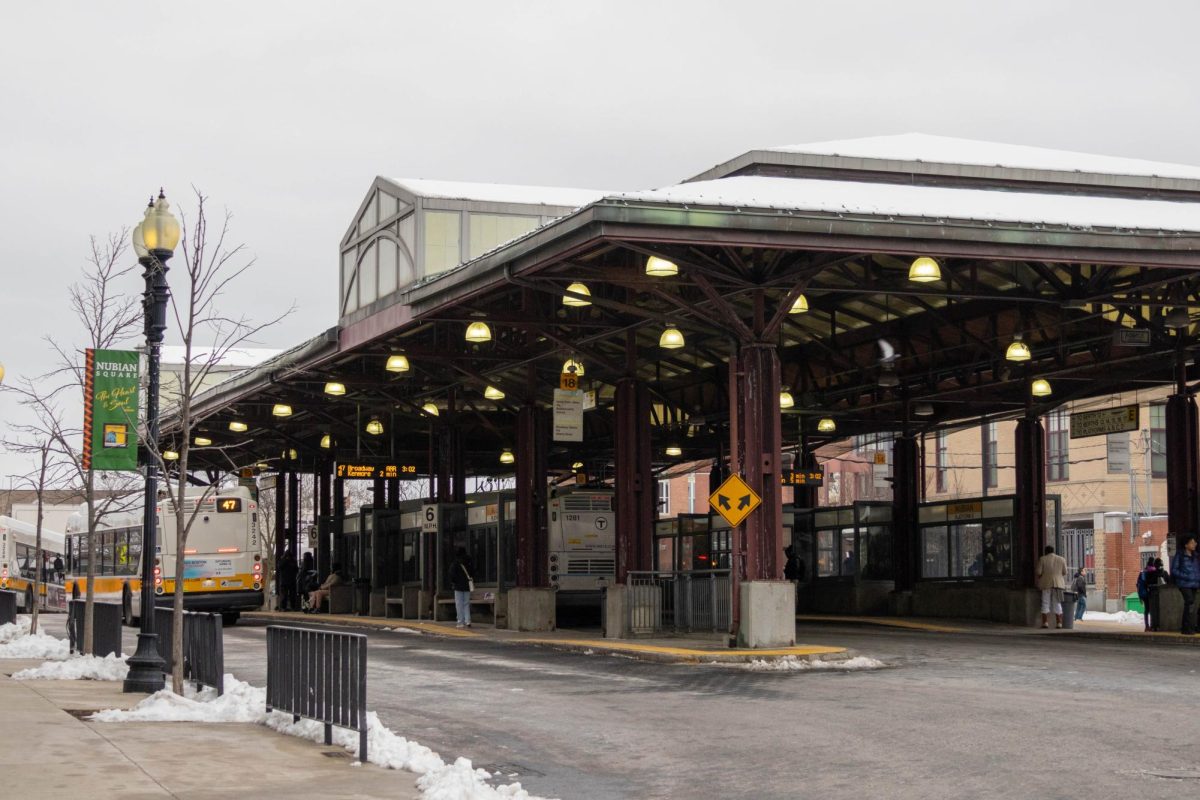By Elise Harmon, news correspondent
Civic participation in Boston during the state primary elections was low on Tuesday, as only 16.6 percent of those registered to vote went to polls across the city. Those who did cast their ballots nominated Martha Coakley, Democrat, and Charlie Baker, Republican, for governor and chose Marine veteran Seth Moulton over incumbent John Tierney for Congress.
After a disastrous Senate race against Mike Brown in 2010, Coakley, a former prosecutor, district attorney and the first female Massachusetts attorney general, won the Democratic nomination. Receiving 42 percent of votes, she beat opponent Steve Grossman by 6 percent, much less than the double digits the polls predicted.
“I said when we started this campaign that no one would work harder, knock on more doors, make more calls and shake more hands than we would, and that’s exactly what we did,” Coakley said in her acceptance speech Tuesday night. “We ran, we fought and we stood for something that matters.”
If she wins against Republican opponent Charlie Baker in the November general election, Coakley would be the first female governor to be elected in Mass.
Baker easily won his primary race against Mark Fisher, whose resolutely conservative stance alienated him to unenrolled and moderate voters, and he received a mere 24 percent of the vote.
Baker, the former secretary of administration and finance and former CEO of Harvard Pilgrim Health Care, wasted no time in initializing his campaign – he launched the first television ad of the general election season on Wednesday morning.
After losing the gubernatorial race to Deval Patrick in 2010, Baker’s comeback is unusual.
“It doesn’t happen as often anymore – usually after you lose an election, you don’t run again,” John H. Portz, a Northeastern professor of political science, said. He mentioned Mitt Romney and Sarah Palin as examples of politicians who disappear from the public eye after losing an election.
Baker, however, doesn’t appear willing to give up.
“I’m grateful to you for giving me another chance to be your nominee for governor of this great state,” he said in his acceptance speech. “Thank you. Thank you for believing in me again.”
Former Northeastern student Mike Lake ran for lieutenant governor and lost to Stephen Kerrigan. Middler political science and international affairs major Jane Rudy helped set up the campaign in the spring while on co-op and is now involved in efforts to get Northeastern students to vote.
“In general, I’m more of a concerned citizen than a student activist,” Rudy said. “But even if you spend five minutes Googling, it’s worth it, but for me… It’s really important for students to vote.”
Kerrigan, the former co-chair of the Presidential Inaugural Committee and CEO of the 2012 Democratic National Convention Committee, beat Lake and Leland Cheung for Democratic lieutenant governor nomination. In November, he will be running against former state representative Karyn Polito, who ran unopposed in the primary.
One of the most contested and hotly debated races of the day was the Democratic primary for Attorney General. Martha Healy, a former state senator who portrayed herself as a “people’s lawyer,” ran against Warren Tolman and won by 24 percent. If she wins the general election, she will be the first openly gay person elected to statewide office in Mass.
She’ll be running against John Miller, a lawyer with three decades of private legal experience who has vowed never to run for governor or to let politics influence his decisions.
Perhaps the biggest upset of the day was the victory of Seth Moulton, a newcomer to politics, over nine-term Democratic congressman John F. Tierney in the sixth district. It was the first time in 22 years that a sitting Massachusetts congressman has lost a primary. The upset has raised hopes among Republicans that Richard Tisei, the former state minority leader, may be able to snag the spot.
Northeastern students are already planning for the November election – Gregory is heavily involved in the Voter Registration Rumble campaign, which aims to register as many people as possible and encourage them to educate themselves on the candidates and to vote.
Low voter turnout, though not ideal, was expected following Secretary of State William Gavin’s statement on Monday that turnout was unlikely to top 15 to 20 percent. Candidates did not appear to spark enough enthusiasm for numbers to rise above the low average.
“Over 80 percent of the population don’t feel like their vote matters and… that’s just not true,” Shakeir Gregory, the president of the Northeastern College Democrats and a junior political science major, said of the vote. “They’d have a huge effect on who has the power and who would get into office.”
Gregory did vote, however, after participating in “Get Out the Vote” efforts and holding voter registration events for Northeastern students. For the Democratic primary, he chose to support Martha Coakley for governor. “I think it’s a tragedy to be honest,” Gregory said in response to the lack of voter interest. “It’s really sad because the reason a lot of people don’t vote is because they can’t believe in the system, but the reason to vote is to… get the issues you want to the forefront.”
Photo courtesy Martha Coakley for Governor ’14



